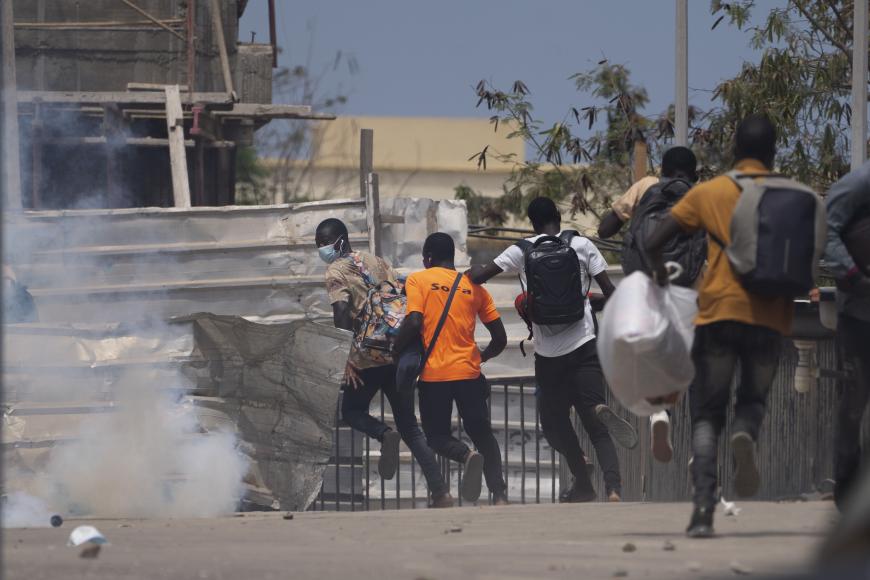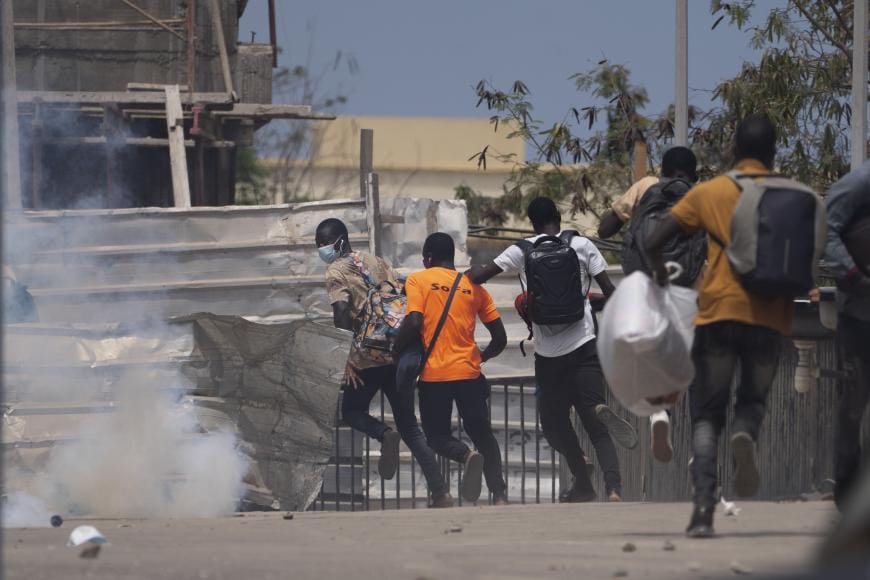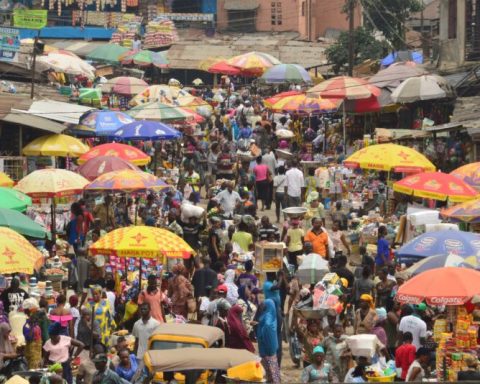
Pass Amendments to Protect Peaceful Dissent
NEW YORK, USA, July 06, 2021,-/African Media Agency (AMA)/- Senegal’s new counterterrorism laws could punish political speech and peaceful protest as “terrorist acts,” target union leaders, and dangerously expand police surveillance powers, Human Rights Watch said today. The government and parliament should amend the laws before they are enacted and ensure that they meet international human rights standards.
Join our WhatsApp ChannelWhile the government says the two new laws are aimed at “strengthening the fight against terrorism, maritime piracy, and transnational organized crime,” civil society groups and opposition parties say they are overly broad and could be used to silence dissent.
“While authorities have legitimate concerns about the growing influence of Islamist armed groups in the Sahel region and the threat they may pose to Senegal, they should make sure that the laws are not used to suppress basic rights,” said Ilaria Allegrozzi, senior Africa researcher at Human Rights Watch. “The government should send the two laws back to parliament to revise the problematic provisions.”
On June 25, 2021, the national assembly approved the laws, which modify the Penal Code and Criminal Procedure Code, by a vote of 70 to 11. It is not clear how many of the 165 National Assembly members were present. On June 30, opposition party members filed an appeal to the Constitutional Council to determine whether the laws are in line with Senegal’s constitution and the country’s domestic and international legal obligations.
The laws define “terrorist acts” to include, among others, “seriously disturbing public order,” “criminal association,” and “offenses linked to information and communication technologies,” all punishable with life in prison. This vague definition could be used to criminalize peaceful political activities and infringe on freedom of association and assembly, Human Rights Watch said. The laws make it a criminal offense to “incite others” to perpetrate terrorism, but the laws do not define incitement, putting at risk media freedoms and freedom of expression by providing a potential basis for prosecuting free speech.
The laws would make the leaders of associations, trade unions, or political parties criminally responsible for “offenses committed” by their organizations, threatening the right to association. In the event an organization is found guilty, the laws allow confiscation of the leaders’ and the organization’s property. The laws also give extra powers to law enforcement officials to carry out surveillance of a terrorism suspect without seeking authorization from a judge.
Earlier on the day of the vote, protesters took to the streets in the capital, Dakar, following a call by the Movement for the Defense of Democracy (Mouvement pour la défense de la démocratie, M2D), a group of opposition parties and civil society groups. Some protesters threw stones and other objects at the police, who responded by firing teargas and arresting at least 20 protesters, media reports said. All those arrested have been released, but at least one alleged that the police beat and brutalized him.
The new laws come amid a climate of heightened political tensions and uncertainty in Senegal. A government crackdown on widespread peaceful protests in March left 10 people dead and hundreds of others injured. President Macky Sall has still not clarified whether he will run for an unconstitutional third term in elections scheduled for 2024. Many civil society activists, youth groups, and others in Senegal fear that the new counterterrorism laws could have a serious impact on civil liberties and will be used to further shrink democratic space in the country.
“These laws are dangerous and threaten fundamental rights and freedoms,” Alioune Tine, a prominent Senegalese human rights activist and founder of the think tank AfrikaJom, told Human Rights Watch.
“Just a few months after a brutal government crackdown on peaceful protesters, the new counterterrorism laws could be used to further shrink democratic space in Senegal,” Allegrozzi said. “The government should ensure that it isn’t using the threat of terrorism as a ploy to silence the political opposition and the country’s youth, who want their basic rights to be respected.”
Distributed by African Media Agency (AMA) on behalf of Human Rights Watch.
Source : African Media Agency (AMA)


















Follow Us